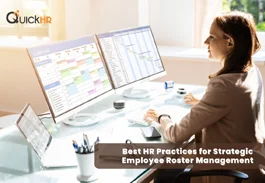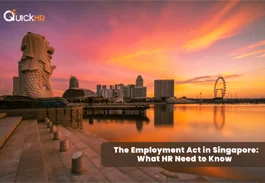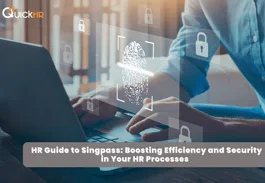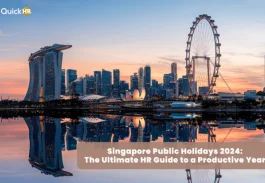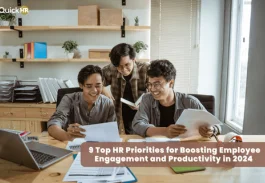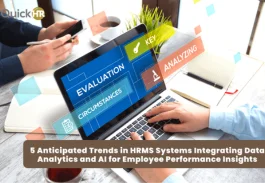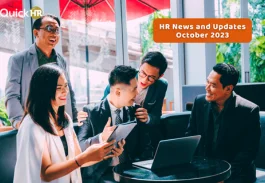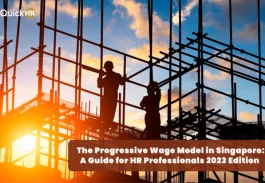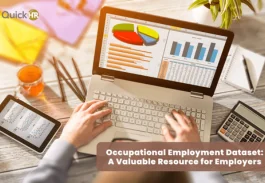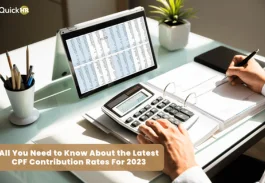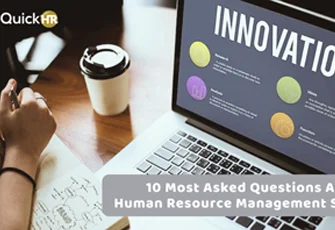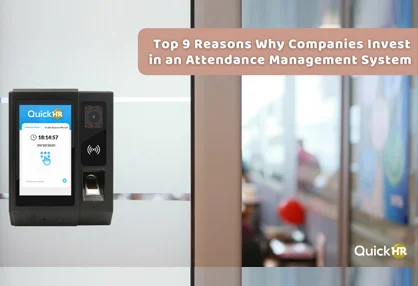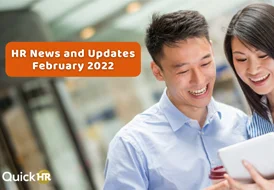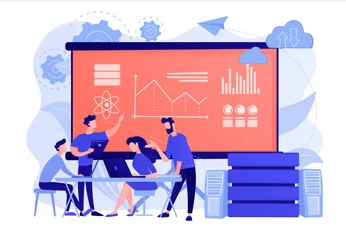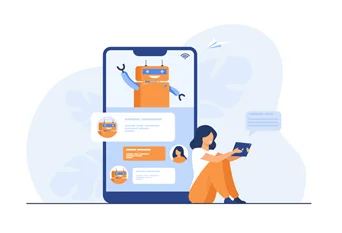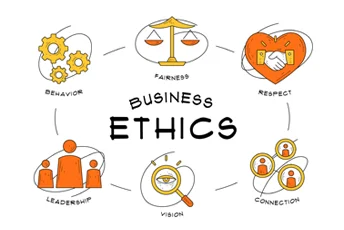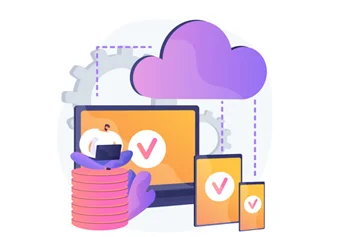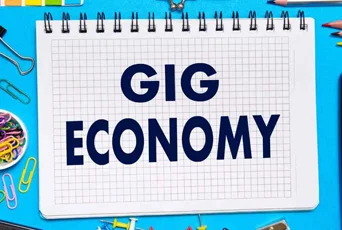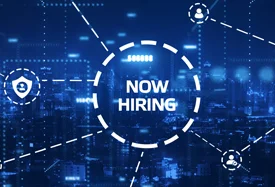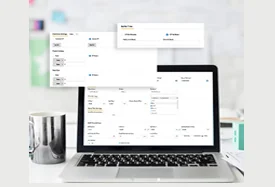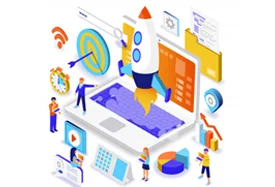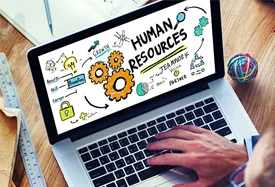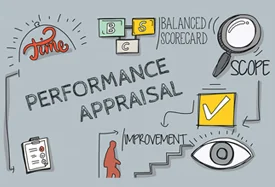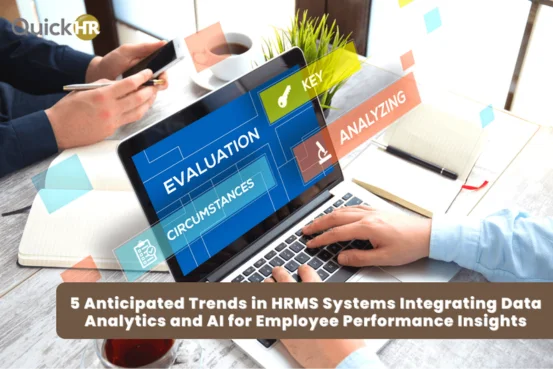
5 Anticipated Trends in HRMS Systems Integrating Data Analytics and AI for Employee Performance Insights
Posted on 16 November 2023 in Business | Suki Bajaj
As HRMS systems evolve, what trends can we expect in the coming years? We posed this question to five industry experts from across the globe.
From seeing more AI-driven background checks to personalising employee insights, discover the top five trends these leaders predict for the future of HRMS systems.
Seeing More AI-Driven Background Checks
In my role as an HR expert at Editorial.Link, scrutinizing discrepancies between resumes and online profiles has been essential. I've observed minor differences and have been cautious of distinct roles that might raise suspicion.
As we approach Q4 2023 and 2024, I anticipate a trend in HRMS systems: advanced scrutiny using AI. These systems will leverage artificial intelligence for background checks and analysis. This integration will help HR professionals swiftly spot inconsistencies in candidates' histories. The aim is to bring in individuals who align with our values and culture.
Eugenia Syrytsia, HR Expert, Recruiter, Editorial.Link
Predicting Employee Wellness Analytics
In Q4 2023 and throughout 2024, a significant shift towards predictive employee wellness analytics is anticipated. Historically, HRMS systems have emphasized measuring tangible performance metrics. However, with the rise of remote work and an increased focus on mental health, systems will begin prioritizing employee well-being.
Think of it as a "weather forecast" for employee morale. Using AI and integrated data analytics, these tools will not just highlight potential turnover but will also predict periods of employee burnout or decreased motivation, allowing businesses to intervene proactively. Imagine knowing a storm's coming, not just from the clouds, but from patterns in the wind and soil—that's the precision and foresight we're aiming for.
This holistic approach ensures both business continuity and employee satisfaction, a win-win in my book.
Ankit Prakash, Founder, Sprout24
Rising Proactive Benefits Planning
I expect to see a greater deal of proactivity in benefits planning. With a young labor force, we have a fair number of qualifying life events that alter insurance. The majority of these events are marriage and childbirth.
A more dynamic HRMS could collect information all the time via anonymous survey questions. The likely benefits plans and changes would then be surfaced to leadership on a near-real-time basis.
Trevor Ewen, COO, QBench
Increasing AI-Driven Personalization
One thing to look out for in HRMS systems in Q4 2023 and all of 2024 is the continued improvement of AI-driven personalization. HRMS platforms will use AI more and more to customize the employee experience, from recommending personalized training to making custom job paths.
This trend will not only make employees more engaged and happy, but it will also help companies better match each employee's skills to their business goals. This will boost performance and reduce unemployment.
Personalizing Employee Insights
A notable trend we can anticipate in Q4 2023 and 2024 is the increasing personalization of employee insights within HRMS systems. These systems will harness advanced data analytics and AI to offer tailored performance feedback, predictive turnover analysis, and workforce planning suggestions.
Studies show that personalized feedback in HRMS can lead to a 25% improvement in employee engagement and retention.
Imagine your company implementing this trend. Their HRMS provides individualized recommendations for skill development, career paths, and even work-life balance improvements based on each employee's unique data. This level of personalization not only boosts employee satisfaction but also drives better performance and retention.
In essence, the future of HRMS is poised to be more about individualized support, aligning with the growing importance of personalized employee experiences.
Himanshu Sharma, CEO and Founder, Academy of Digital Marketing
The integration of data analytics and AI into HRMS systems is a rapidly growing trend that is transforming the way employee performance is measured and managed.
By leveraging the power of data, HR professionals can gain deeper insights into employee performance, identify potential problems early on, and make more informed decisions about how to allocate resources and support employees.
Enjoying this content? Subscribe and we’ll send the latest updates and special offers directly to your inbox.

